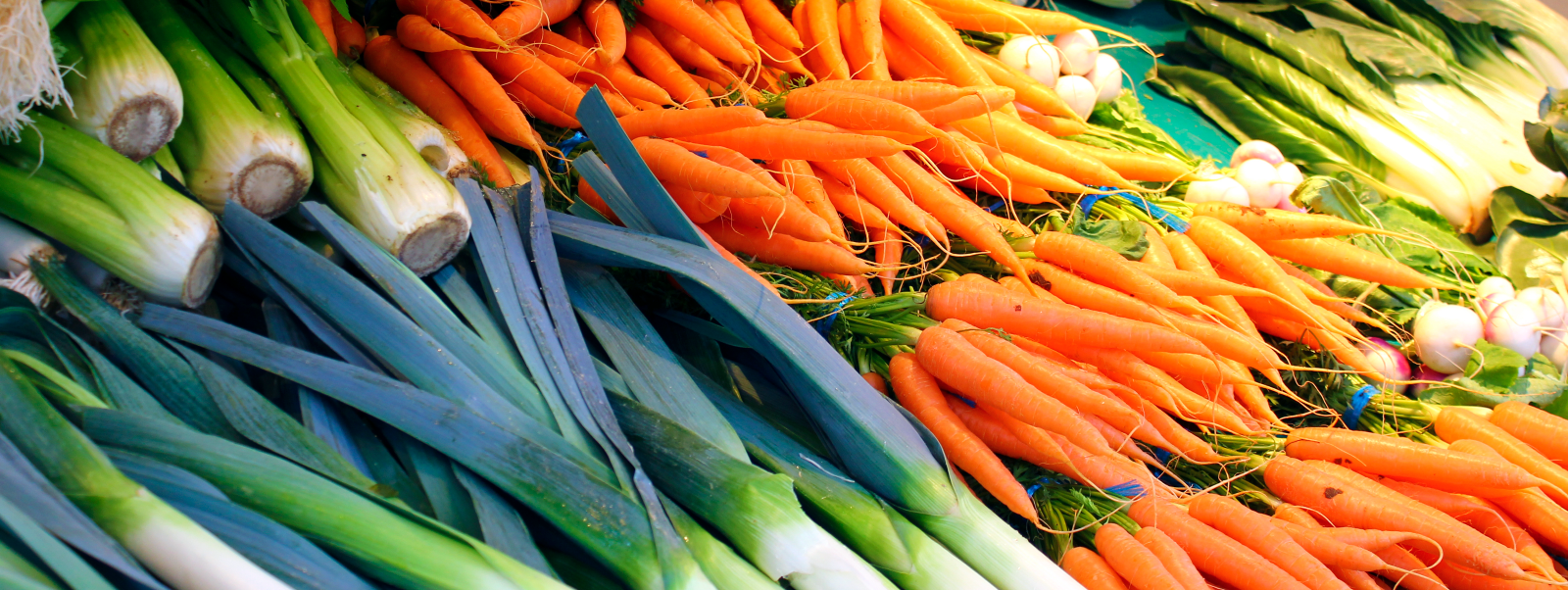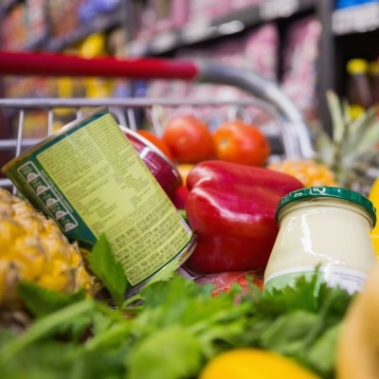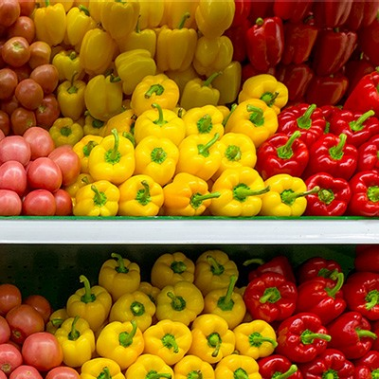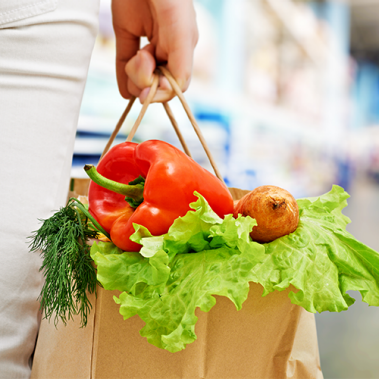This article first appeared on BRINK.
The traditional supermarket is under assault. After a half-century as the go-to destination for shoppers throughout the industrialized world, new business models are making it less relevant. That’s a danger because supermarkets’ high overheads require correspondingly high sales volumes to maintain profitability. To be relevant going forward, supermarkets need to find new ways to appeal to increasingly diversified consumer demands while simultaneously reducing costs.
Hard discounters are expanding their presence around the world. Lidl this year joined fellow German discounter Aldi in the United States, both having announced aggressive five year expansion plans.George Faigen, Partner, Oliver Wyman
Amazon’s purchase of Whole Foods Market is an example of the kind of threat presented by high-quality players able to provide consumers an integrated online and instore experience. This threat is taking place throughout the world, with Hema stores in China similarly leveraging owner Alibaba’s digital roots. Customers get product information by scanning with their smartphones, paying with Alipay, and receiving personalized recommendations based on their overall purchase histories. This approach is proving effective in fostering loyalty with digitally oriented consumers, and it generates information for Hema to create interesting new products.
From another direction, hard discounters are moving beyond their traditional role of providing consumers low prices, and are adding a richer customer experience that includes a robust fresh-food offering. Longtime experience with producing private brands – one reason for their low prices – has honed their skills at running well-integrated supply chains where they can design, test, and ship trendy items in every category. This lets them keep pace with fast-shifting consumer preferences, such as gluten-free and non-genetically modified foods. Hard discounters, which operate in more than 20 countries, can also cross-pollinate the best of their internationally sourced products – Italian olive oil and pasta, German chocolate and sausage, and French wines – packing their stores with a tightly curated and interesting array of products.
Carving Out A New Place For Supermarkets
Partner George Faigen on what supermarkets can learn from their competition.
About authors
George Faigen is a Boston-based partner in Oliver Wyman’s Retail and Digital practices.






